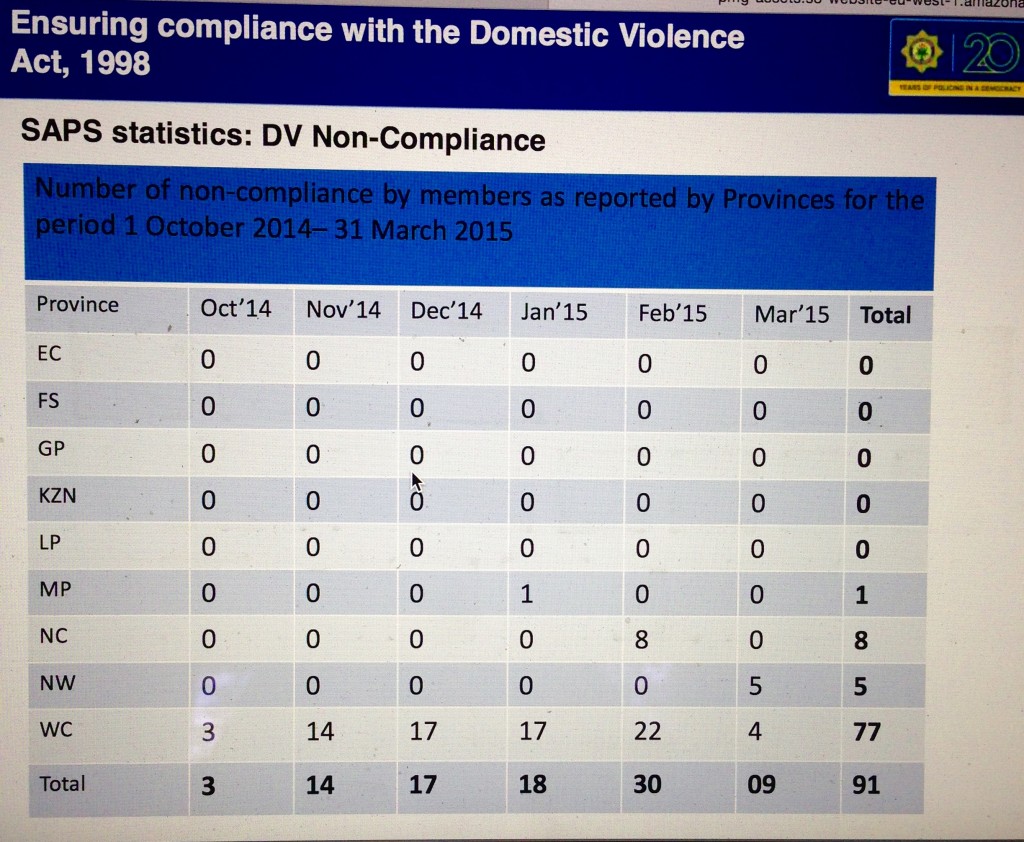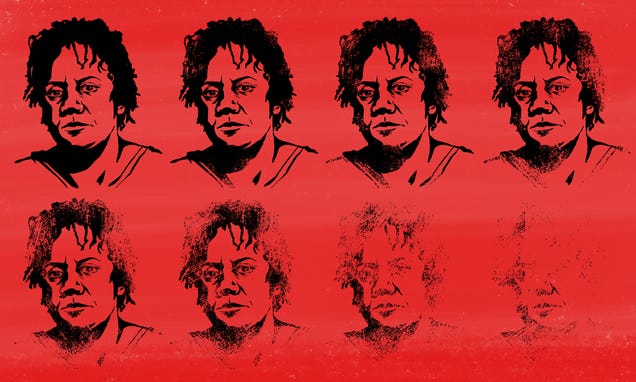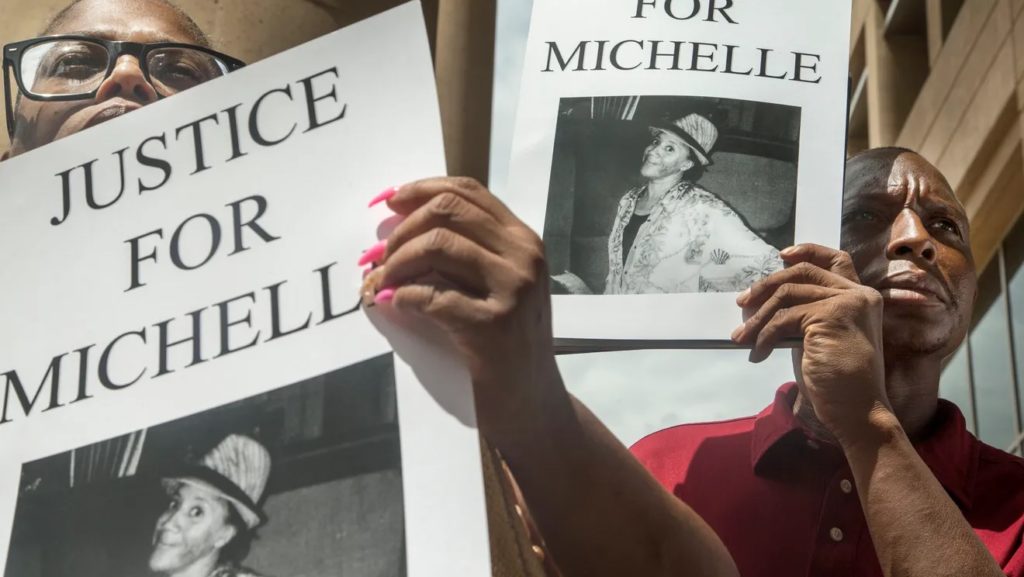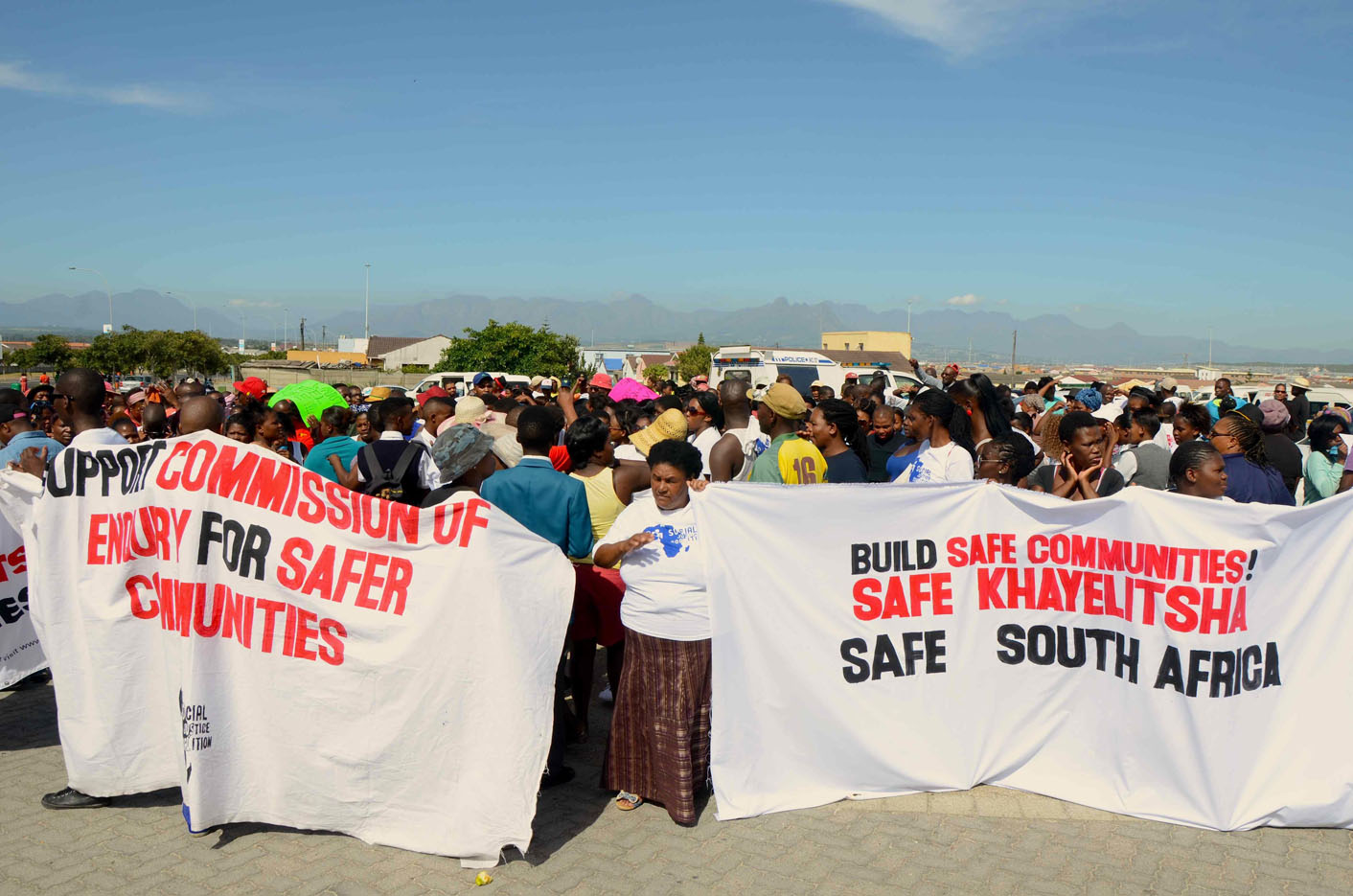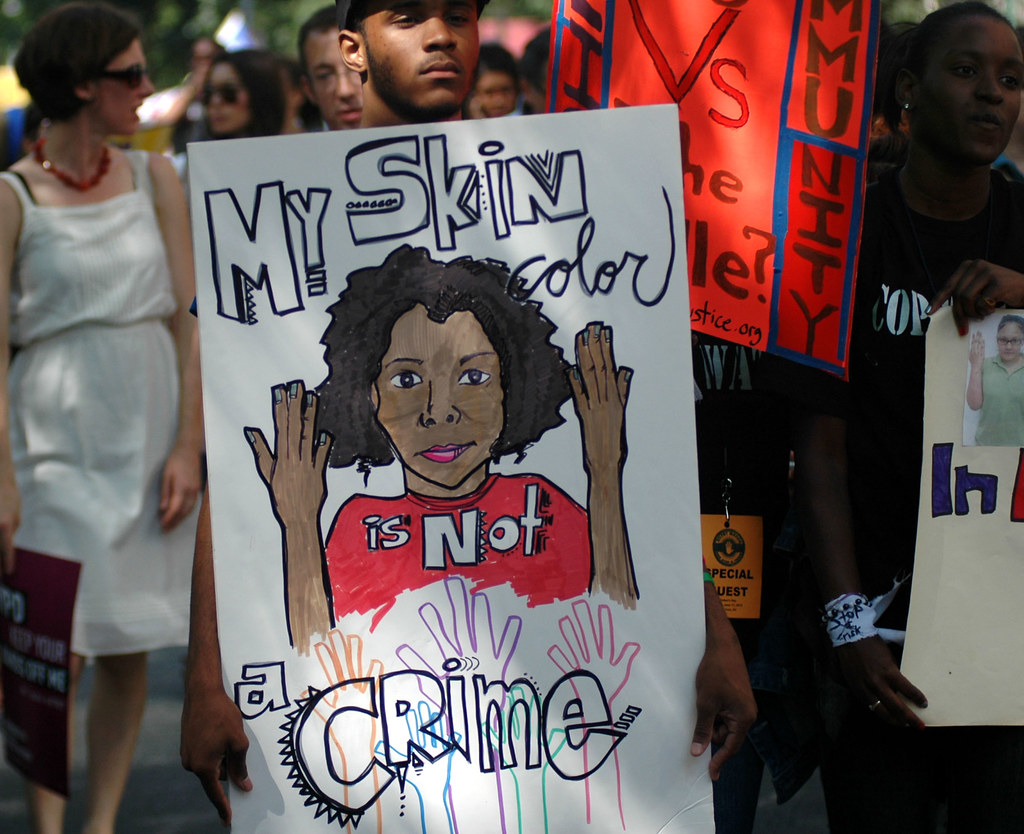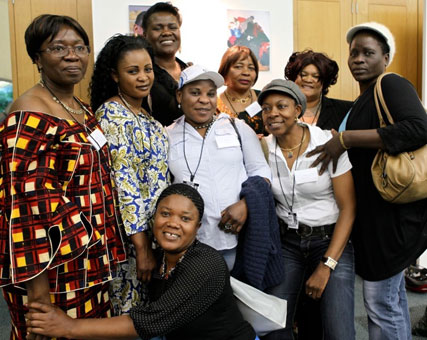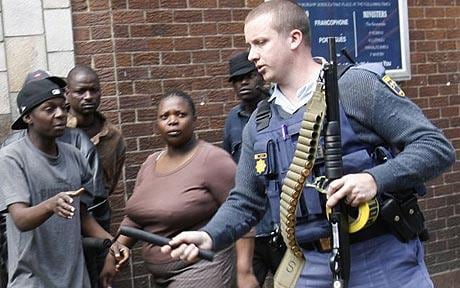
Praising New York’s reaction to the rising concerns of gun violence in the country, Governor Andrew Cuomo announced he will sign into law legislation that would amend state law that passed after the Sandy Hook killings that previously prohibited domestic abusers from owning pistols and revolvers, but only applied to some selected misdemeanors.
Governor Cuomo said, “New York is once again leading the way to prevent gun violence, and with common sense reform, break the inextricable link between gun violence and domestic violence. Half of the women who are murdered in this country are murdered by an intimate partner.” Firearms had been used in 35 domestic killings in 2016 in New York State.
The law, which is being changed slightly to align with federal law, passed 41-19 in the Senate and 85-32 in the state Assembly. When enacted, it can prevent someone from getting or renewing a license for a gun if the person is the subject of an arrest warrant for alleged crimes.
While a step in the right direction, the law raises a question: if you’re going to disarm domestic abusers, will you disarm the police officers that make up a significant portion of the perpetrators of domestic abuse?
In an information sheet by the National Center for Women and Policing, two studies have illustrated the staggering violence in police families, with the survivors often unable to rely on the precise institution that should protect them from such abuse: “At least 40 percent of police officer families experience domestic violence, in contrast to 10 percent of families in the general population.” A third study done with older and more experienced officers found a 24 percent rate; meaning that domestic violence is two to four times more common among police families.
Reports against police families are handled informally, usually without an official report, investigation, or even a check of the victim’s safety, often in direct contradiction to legislative mandates and departmental policies regarding the appropriate response to domestic violence crimes. Often police officers who are found guilty face no consequences for their actions.
If we’re discussing taking guns away from abusers, police officers who are violent to their families should be disarmed just like any other abuser that will be disarmed in New York, not to mention prosecuted and immediately terminated from their position, as an article in The Atlantic noted, “If there’s any job that domestic abuse should disqualify a person from holding, isn’t it the one job that gives you a lethal weapon, trains you to stalk people without their noticing, and relies on your and discretion to protect the abused against domestic abusers?”
In any conversation surrounding gun violence and domestic abuse, the police need to be held accountable for the violence they perpetrate, not just out on the streets, but in their homes and against the ones they supposedly love.
Now is the time to discuss and act about disarming the police.
(Photo Credit: For A World Without Police)


